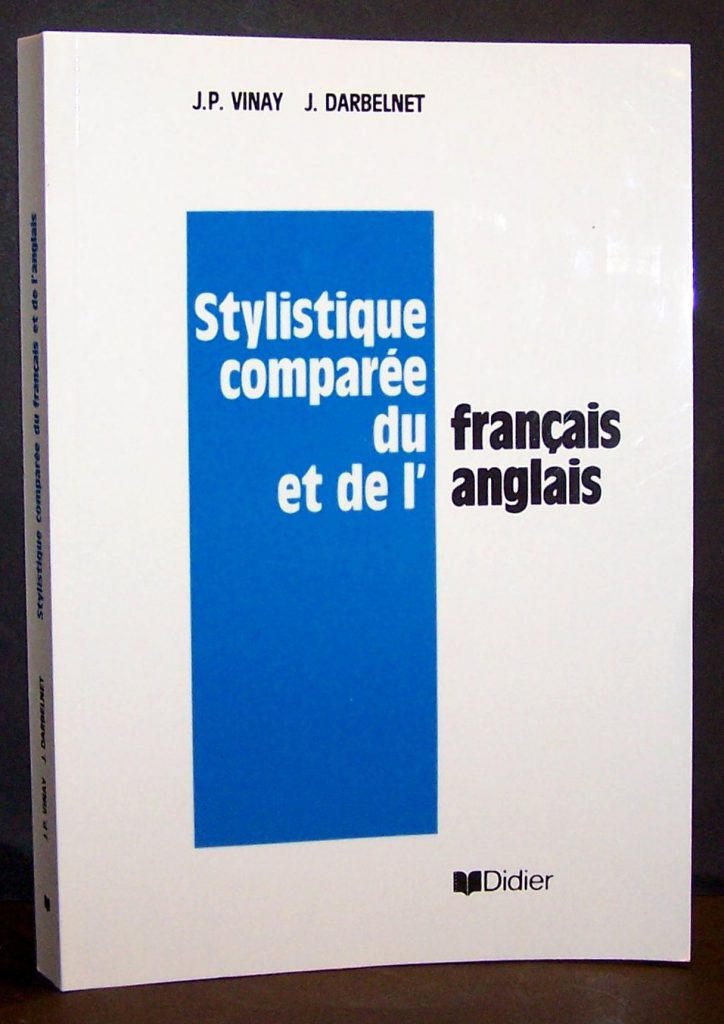Modulation is defined as a ‘change in point of view’ that allows us to express the same phenomenon in a different way. At times modulation is the only way (lexicalized or compulsory modulation), such as in the time when, where when becomes ‘where’ in the French translation le temps où. At other times, however, modulation is free, i.e., because the target language rejects literal translation, thus adding a more interesting dimension to the translation process, while obliquely providing the translator with plenty of room for creativity.

This type of free modulation often includes a transfer from abstract to concrete, e.g.: l’ultimo piano = the top floor; te lo lascio = you can have it; un film in esclusiva = a first-run movie; cause and effect: uno stagno misterioso = a sequestered pool; it baffles analysis= sfugge all’analisi; means and result: firewood = legna per il fuoco, and so on and so forth. Incidentally, these examples have been extrapolated from the groundbreaking 1957 book by J.P. Vinay and J. Darbelnet Stylistique comparée du français e de l’anglais. An enlightening read that has since led me into focusing my attention on yet another area where modulation is often necessary: phrasal verbs.

Take the following example in Italian: Quel truffatore gli ha rubato fino all’ultimo centesimo. This sentence could be easily translated, quite literally, as: That con man stole every last cent from him. What if, however, we chose to use modulation to make this sentence sound a little more idiomatic in English and tried something like: That con man gulled him out of every penny he had? Or, along the same lines, È stato defraudato dell’eredità could similarly be rendered literally as He has been defrauded of his inheritance or, through modulation, slightly more idiomatically, as They did him out of his inheritance. This is usually not a problem when such verbs can lead to multiple options, but how about phrasal verbs that are culturally ingrained or slangy or that seem to defy a comprehensive definition in the target language? Like hang out in the Garfield strip above. Would a simple uscire do the trick here? Or andare/stare in giro? I often wonder how the meaning of this phrasal verb can be fully modulated into Italian, since the Italian uscire or stare in giro does not necessarily convey the idea of passing the time leisurely or, more often, aimlessly.
Similarly, if we were to translate a sentence like: Ci pensò e ripensò ma non riuscì a trovare una risposta, a literal translation would probably fall wide of the mark, as Italian tends to use verbs signaling repetition, whereas English would likely resort to a phrasal verb. Hence, a possible translation could be He chewed the matter over but couldn’t come up with an answer.

Interestingly, phrasal verbs containing get contain a wealth of potential avenues for modulation from Italian into English. If an Italian college student were to say: Non passiamo all’anatomia prima del secondo anno, a first attempt could lead to We don’t start anatomy until the second year, though we lose the idea of ‘upgrade’ from an easier subject to a more challenging one. Sifting through the realm of phrasal verbs might generate a few more idiomatic ideas, such as We don’t get on to anatomy until the second year. Yet another example of a phrasal verb thankfully coming to the rescue when an unassuming verb like passare is seemingly ready to trip you up.
So while it may seem self-evident that idiomatic usage in a language will inevitably call for modulation, thinking of an appropriate phrasal verb when translating from Italian into English can often provide a viable solution.
